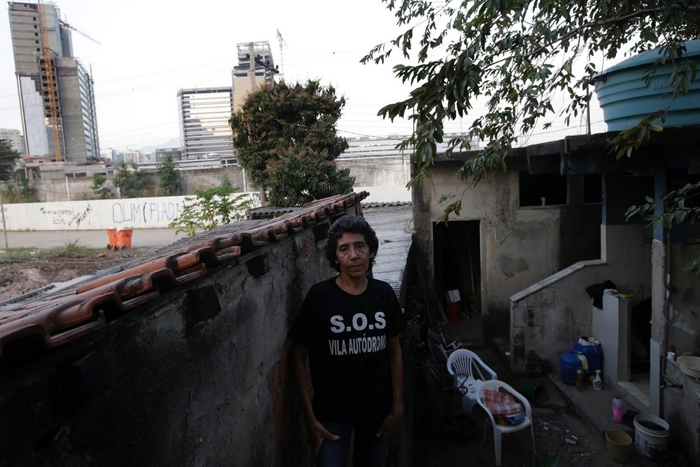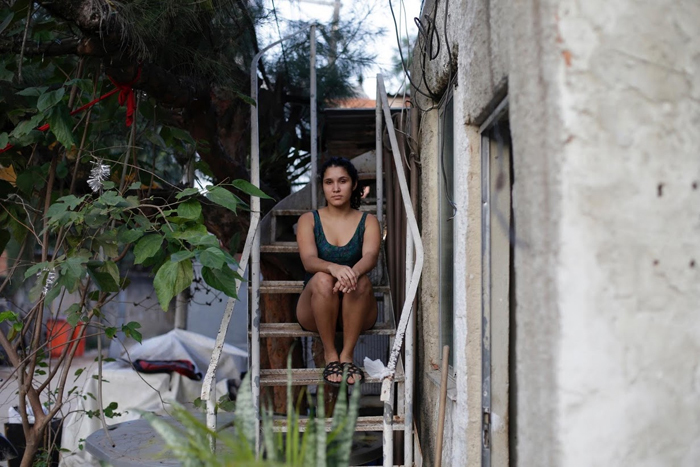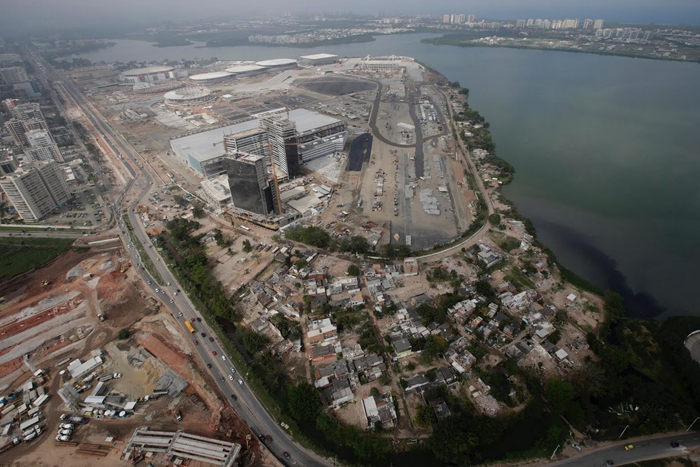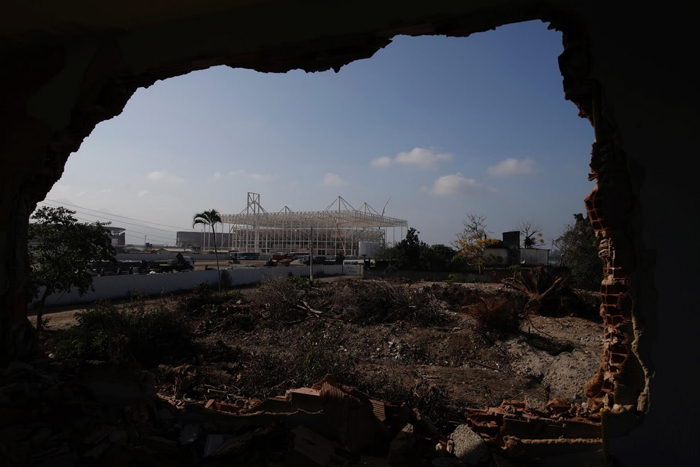Ένας χρόνος σχεδόν απομένει για την έναρξη των Ολυμπιακών Αγώνων του 2016, στο Ρίο της Βραζιλίας. Η ραγδαία ανοικοδόμηση έχει ωστόσο και την σκοτεινή πλευρά της.
As sports arenas rise up around them and the houses of neighbours are reduced to rubble, more than 20 families refuse to leave their favela, or squatter settlement, on the border of the Olympic Park in Rio de Janeiro, vowing to fight eviction whatever the cost.
With just a year to go before the Games come to Brazil, over 90 percent of residents in the slum of Vila Autodromo have already left after accepting compensation and their homes destroyed. Some 50 or so families remain, living in a ghost town with sporadic access to water and electricity and having suffered violent run-ins with police. About half of those families are digging in their heels.
The 450 families that have already been moved from the favela are just a small part of more than 20,000 families re-located since 2009 in the state of Rio de Janeiro alone, many of them to make way for Olympic projects. Around half of the families still living in the favela say they are open to negotiating with local authorities about their resettlement.
The holdouts of Vila Autodromo have become a powerful symbol against the use of the Olympic Games to modernise Rio, a move critics say is only benefiting the rich.
The run-up to the World Cup last year was marked by the largest street protests in decades by Brazilians angry about the billions spent to host the event. While few are predicting similar demonstrations against the Olympics, social discontent is bubbling just below the surface.
Penha, 50, has lived in Vila Autodromo for nearly half her life. She recently had her nose broken in a scuffle with police as holdouts tried to stop a home from being demolished.
«We have the right to stay and I think that those rights need to be respected,» Penha said, referring to land titles given to residents by the state government in 1994.





Δεν υπάρχουν σχόλια για το άρθρο "Η άλλη όψη του Ολυμπιακού Πνεύματος, στις φαβέλες του Ρίο"